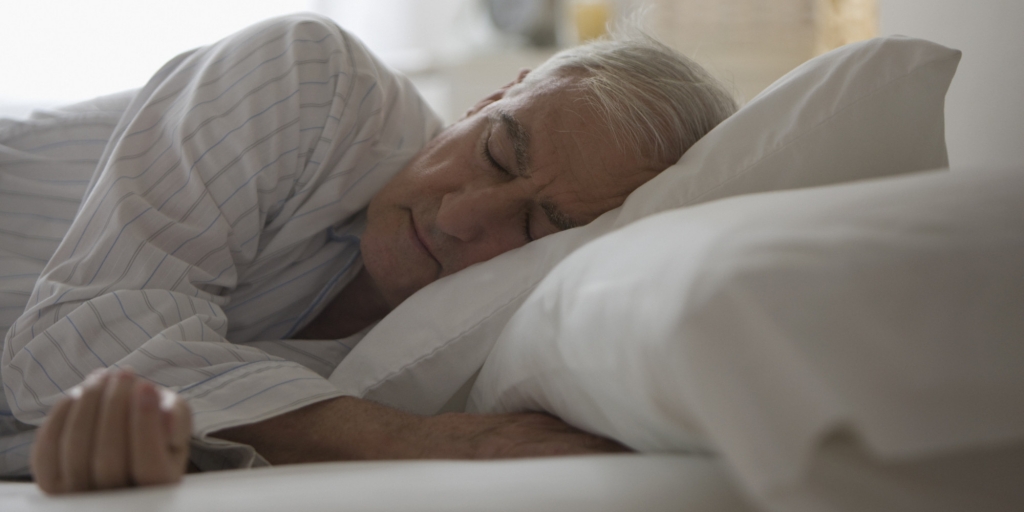-
Tips for becoming a good boxer - November 6, 2020
-
7 expert tips for making your hens night a memorable one - November 6, 2020
-
5 reasons to host your Christmas party on a cruise boat - November 6, 2020
-
What to do when you’re charged with a crime - November 6, 2020
-
Should you get one or multiple dogs? Here’s all you need to know - November 3, 2020
-
A Guide: How to Build Your Very Own Magic Mirror - February 14, 2019
-
Our Top Inspirational Baseball Stars - November 24, 2018
-
Five Tech Tools That Will Help You Turn Your Blog into a Business - November 24, 2018
-
How to Indulge on Vacation without Expanding Your Waist - November 9, 2018
-
5 Strategies for Businesses to Appeal to Today’s Increasingly Mobile-Crazed Customers - November 9, 2018
Poor sleep quality puts seniors at higher risk for stroke
They explained the hypothalamus and other sleep centers represent a tiny volume of the brain and hypothalamic infarction is unusual because of its rich blood supply although individuals with clinical stroke symptoms should be the most likely to have stroke-induced sleep fragmentation, the associations were independent of clinically evident stroke. At some point before they died, the people in the study had had their daily activity and sleep monitored for at least one full week.
Advertisement
In the study, the researchers have studied the brains of 315 people who underwent autopsies after their deaths. The average age of the group was 90, and nearly 70 percent were women.
It was found that the risk of small brain arteries to solidify increases proportionally with the severity of the sleep fragmentation.
Sleep disturbance is associated with a variety of health consequences.
Sleep disturbance was associated with an increased incidence of cerebral vessel damage and other brain insults related to stroke in an autopsy study of elderly people.
29 percent of them had suffered from a stroke and 61 percent had experienced moderate-to-severe damage in their brain’s blood vessels.
The researchers also found that the average waking times in all the participants were seven times in an hour, but some had additional waking episodes during that period.
“The forms of brain injury that we observed are important because they may not only contribute to the risk of stroke but also to chronic progressive cognitive and motor impairment”, said Andrew Lim, M.D., lead investigator and an assistant professor of neurology at the University of Toronto, and a neurologist and scientist at Sunnybrook Health Sciences Center, in Toronto, Canada.
The observational design of the study, along with the lack of data on sleep apnea and limb movement during sleep were cited by the researchers as study limitations, along with the fact that several covariates, including heart disease, smoking, and diabetes status were self reported by the study participants.
In addition, Lim noted that “further studies in humans and animal models are also needed to better understand the physiological and cellular mechanisms linking sleep fragmentation to cerebrovascular health”. It’s possible that interrupted sleep could be either a cause or a effect of the hardening of blood vessels in the brain and damage to brain tissue, or that some other unknown underlying factor contributed to both sleep problems and the damage in the brains, the researchers said.
Advertisement
Lim and co-authors disclosed no relevant relationships with industry.





























